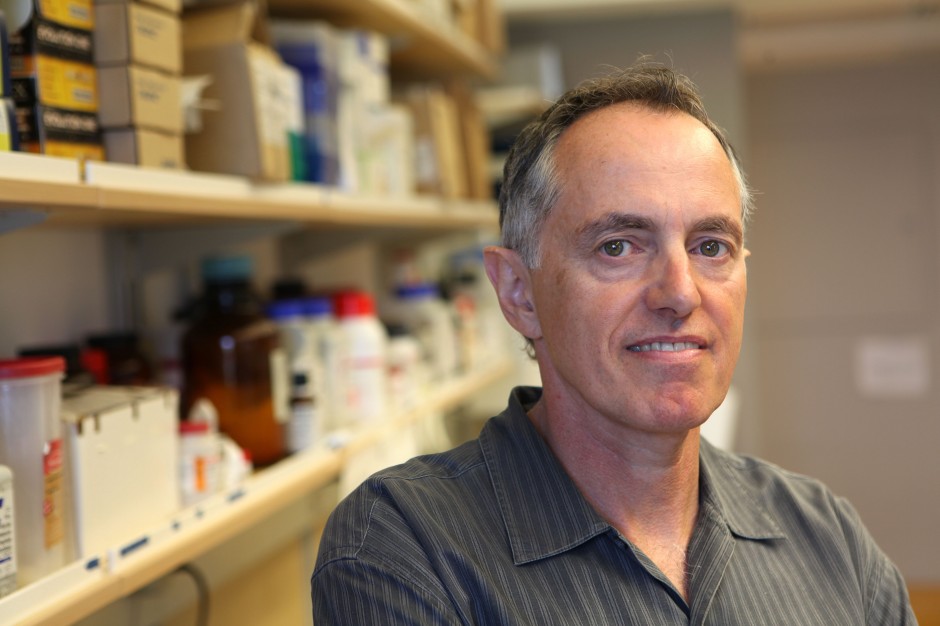A Faculty of Medicine scientist has found a way that tumour cells cope — and even thrive — under harsh conditions.
Tumours that produce more stress granules — clusters of mRNA that accumulate in cells’ inner compartments — are more likely to metastasize, according to an article by Poul Sorensen, a Professor in the Department of Pathology and Laboratory Medicine, published March 17 in the Journal of Cell Biology.
Stress granules, which is where cells stash their mRNA when they need to suspend protein synthesis, are produced by normal cells, too, allowing them to survive stress, caused by a variety of conditions, including lack of nutrients or exposure to toxic chemicals. But if the formation of those granules can be inhibited in cancer cells, it could prevent tumours from spreading throughout the body.
Dr. Sorensen, a Distinguished Scientist at the BC Cancer Agency, found that stressed-out cancer cells need a protein called YB-1 to stimulate production of another protein, G3BP1, which is critical for the assembly of stress granules.
Dr. Sorensen and his team found that in vitro cancer cells that made YB-1 carried more stress granules than those that lacked it. They also found that tumours with G3BP1 metastasized in mice, while tumours lacking G3BP1 lost their metastatic capacity.
